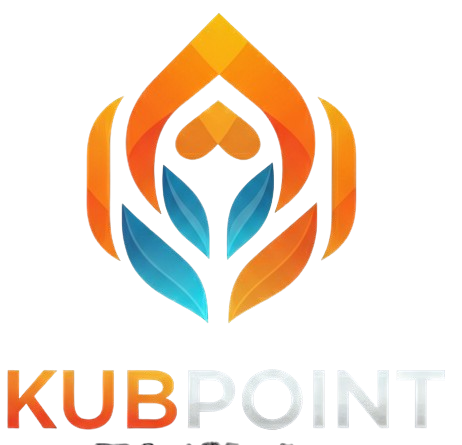Amazon Web Services (AWS) today revealed it is streamlining IT incident management by adding generative artificial intelligence (AI) capabilities to the Amazon OpenSearch service.
Widely used to troubleshoot IT incidents involving AWS cloud computing environments, the generative AI capabilities are being provided via integrations with Amazon Q Developer, a set of AI agents that automate a wide range of software engineering tasks.
Mukul Karnik, general manager for search services for AWS, said DevOps and platform engineering teams will now be able to use natural language queries to create a summarization of an IT incident, including a list of probable root causes.
The overall goal is to reduce the amount of time and stress that teams would otherwise experience using query languages or visualization tools to surface anomalous patterns in their cloud computing environments indicative of an issue that might eventually lead to the root cause of an incident.
Once the root cause of an issue is discovered, IT teams can also use the results generated by Amazon Q Developer to create more detailed visualizations. For example, DevOps teams can create visualizations that break down errors by dimensions such as region, data center or endpoint.
Additionally, Amazon Q Developer assists with dashboard configurations by recommending anomaly detection setting to help DevOps teams proactively address a range of known potential issues.
Longer term, AWS also plans to leverage generative AI to surface recommendations of optimizing cloud computing environments in addition to taking advantage of reasoning capabilities provided by large language models (LLMs) to automate more complex tasks, noted Karnik.
The integration of Amazon Q Developer with Amazon OpenSearch follows a similar effort to leverage generative AI to analyze log data collected via the Amazon CloudWatch service. Collectively, these AI capabilities represent a step toward automating many of the manual tasks that today conspire to make managing cloud computing environments challenging, said Karnik.
That’s especially critical in an era where the amount of software being developed with the aid of AI tools will soon outpace the ability of IT operations teams to manage, he added.
It’s not clear how quickly DevOps teams are embracing AI tools, but a recent Futurum Research survey finds 41% of respondents expect generative AI tools and platforms will be used to generate, review and test code, while 39% plan to make use of AI models based on machine learning algorithms. More than a third (35%) also plan to apply AI and other forms of automation to IT operations, the survey finds.
Arguably, it’s not so much a debate over whether DevOps teams will embrace AI as it is about the degree to which they will. DevOps teams are first and foremost charged with ensuring application environments are stable enough to ensure applications can be regularly updated. Changes made to those environments by, for example, an AI agent that can’t in the event of a mistake be easily rolled back are not going to be tolerated.
However, the number of manual processes that DevOps teams need to manage has by the same token become unsustainable. The challenge and the opportunity now is find a way to trust AI enough to resolve issues in a way that humans can easily understand and, just as importantly, appreciate.

